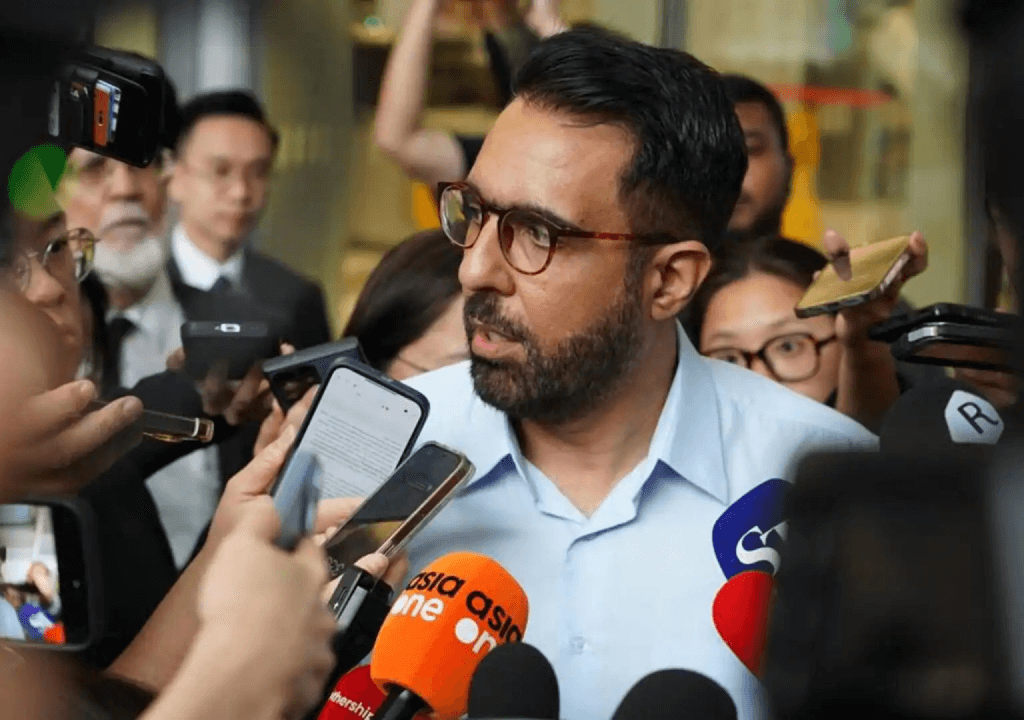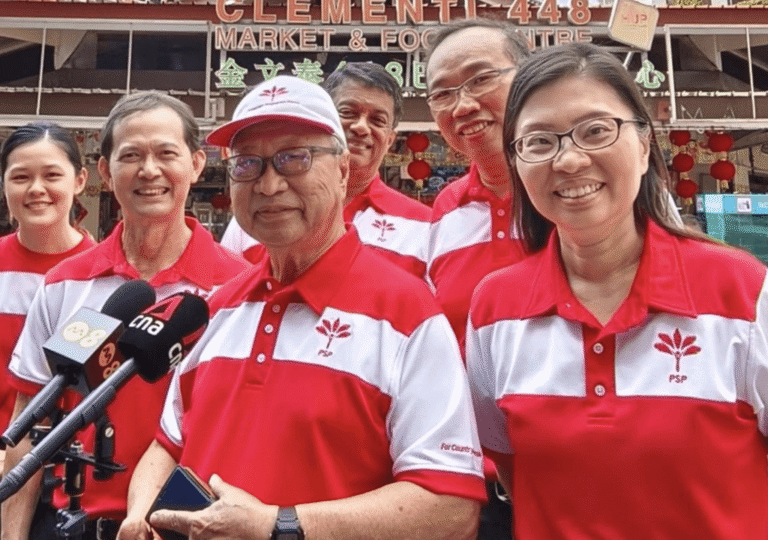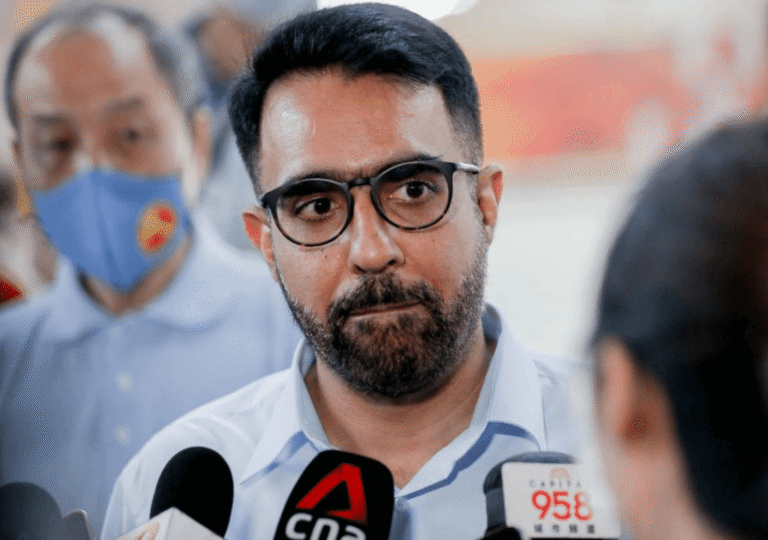Pritam Singh, Singapore’s first formal opposition leader since 1965, was convicted on Monday of two counts of misleading a parliamentary committee investigating another Member of Parliament. The conviction could have serious repercussions for Singh and his party in the upcoming national elections, slated for November 2025, dealing a significant blow to an opposition already struggling to challenge the entrenched dominance of the ruling People’s Action Party (PAP).
The Elections Department (ELD) clarified that Singh, as leader of the Workers’ Party (WP), will not lose his seat or be disqualified from the upcoming general election, despite initial concerns. According to the Constitution, disqualification is determined by the sentence for a single offense. Thus, if an individual faces multiple charges and the sentence for each does not meet the disqualification threshold—either a prison term of at least one year or a fine of at least S$10,000—he remains eligible to serve as an MP. While Singh is not disqualified, his political future remains uncertain, particularly given the PAP’s overwhelming influence and its well-established campaign infrastructure.
Singh has previously stated that he could not accept the committee’s findings and intends to clear his name. Speaking to the press after the hearing, he expressed confidence that the verdict would not dampen his party’s morale ahead of the next general election, which must be held by November 23 but could be called as early as May. He left it to the public to decide how they wanted to cast their votes, stressing that the Workers’ Party believes this is a crucial moment for Singapore as it strives for a more balanced political system. Acknowledging the numerous obstacles the party has faced throughout their political journey, Singh emphasized their resilience, adding that this case would be no different.
While the People’s Action Party (PAP) is expected to secure a significant portion of seats in Parliament, this election will be the first time it faces voters since Prime Minister Lawrence Wong took over leadership from Lee Hsien Loong in May of last year. The PAP is also dealing with a decline in support among younger voters. Despite securing 83 of the 93 parliamentary seats and 61 percent of the popular vote in the 2020 election, the PAP experienced a 9 percent drop in support compared to the 2015 election. Moreover, the party has been embroiled in a series of scandals that have shaken the normally stable world of Singaporean politics. These include the corruption case involving former Transport Minister S. Iswaran, who was convicted and jailed in October, and the resignation of two senior officials, including parliamentary speaker Tan Chuan-Jin, over an “Inappropriate Relationship.” The PAP has also found itself caught in a bitter feud among the children of founding father Lee Kuan Yew, whose disagreements over their father’s legacy have caused estrangement. As a result, the Workers’ Party finds itself with several factors in its favor.
In the 2020 election, the Workers’ Party increased its share of seats in Parliament from six to ten—the largest gain for an opposition party since Singapore’s independence in 1965. Following the election, Singh became the first opposition leader in Singapore to be formally recognized in this role, with then Prime Minister Lee Hsien Loong acknowledging that the result reflected a strong desire among Singaporeans for greater diversity in political views. Singh’s disqualification would have dealt a significant blow to the Workers’ Party as it seeks to build on these gains in 2025 and mount a more formidable challenge to the dominant PAP. Since the last election, the party has faced several scandals. In addition to the Khan controversy, two prominent party members—MP Leon Perera and Nicole Seah, head of the youth wing—resigned in mid-2023 over an extramarital affair.
Although Singh avoided disqualification, his conviction for lying under oath could damage his party’s reputation. Nevertheless, this does not mean the PAP will relax its efforts, as new players have emerged in Singapore’s political landscape, even if they are still relatively new. The 2020 general election also marked the debut of the Progress Singapore Party (PSP), led by former PAP stalwart Tan Cheng Bock. While the PSP did not win any seats, it captured just over 10 percent of the popular vote. Although the Workers’ Party increased its share of seats in Parliament, its portion of the popular vote declined slightly due to the PSP’s gains. The PSP is anticipated to attract both anti-PAP and anti-Workers’ Party votes, potentially emerging as a growing opposition force in the next general election. However, some experts argue that the PSP is unlikely to surpass the Workers’ Party in terms of seat count, and the division of the opposition vote could ultimately benefit the PAP, making it easier for them to secure a triumph.







